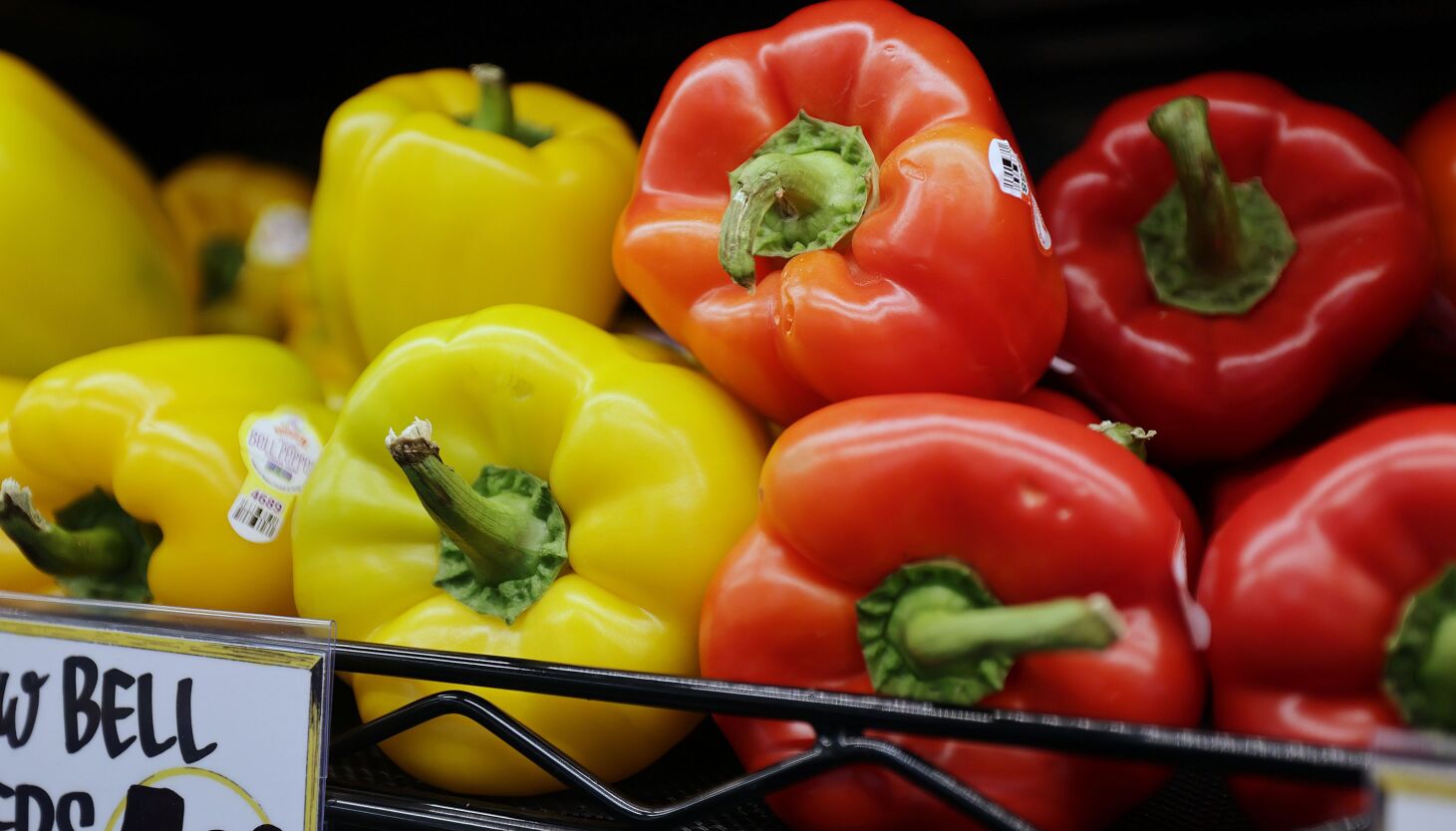Blood
How fruit and veggie prescriptions could help lower blood pressure
Produce prescriptions — when doctors prescribe eating a specific amount of fruit and vegetables — can help to decrease blood pressure and hypertension, according to a study published Tuesday in the journal Circulation: Cardiovascular Quality and Outcomes.
Results from the study by researchers at Tufts University showed that produce prescriptions were associated with improvements in food security “and health status for adults and children, and clinically relevant improvements in glycated hemoglobin, blood pressure and (body mass index) for adults with poor cardiometabolic health.”
The Washington Post reported that the study involved 3,881 participants from low-income neighborhoods throughout the U.S. who used food vouchers from nine food assistance programs.
“The participants received vouchers or cards worth $15-$300 per month to buy more fruit and vegetables from farmers markets and grocery stores,” the Post said, adding that by the end of the six-month study, adults ate 30% more produce per day or “an average of 0.85 additional cups of fruits and vegetables per day. Children in the study ate 0.26 cups more — or about 7% more — than they did before the programs.”
Kurt Hager, an instructor at the UMass Chan Medical School and lead author of the study, told the Post that by comparing the health status of patients before and after the programs, researchers found eating more fruits and vegetables impacted blood pressure in a way comparable to “about half that of commonly prescribed medications, which is notable for a simple change in diet.”
What foods help lower blood pressure?
Professor of exercise science at Brigham Young University Larry Tucker previously told the Deseret News, “One of the best strategies to achieve a healthy weight is to focus on eating low-energy-dense foods, like fruits and nonstarchy vegetables.”
Tucker added that “foods, such as whole grains, with lots of fiber, are also good choices. Because most adults do not like the taste of non-starchy vegetables as much as sweet or high-fat foods, they should eat their vegetables first as a pre-load, which will help them feel full and consume fewer calories.”
According to health education platform Healthline, foods that may benefit you if you have high blood pressure include:
- Fatty fishes, like salmon, because the omega-3 fats may help to reduce inflammation, which can reduce blood pressure levels.
- Nuts and seeds can be great sources of arginine, an amino acid found in a compound that can relax blood vessels.
- Olive oil, which can “lower blood pressure and other risk factors for heart disease.”
High blood pressure symptoms
Symptoms of high blood pressure include headaches, shortness of breath and nosebleeds, according to the Mayo Clinic.
The World Health Organization said that for people with very high blood pressure, symptoms may also include chest pain, vomiting, blurred vision and abnormal heart rhythm.
“Ask your provider for a blood pressure reading at least every two years starting at age 18. If you’re age 40 or older, or you’re 18 to 39 with a high risk of high blood pressure, ask for a blood pressure check every year,” per the Mayo Clinic.

